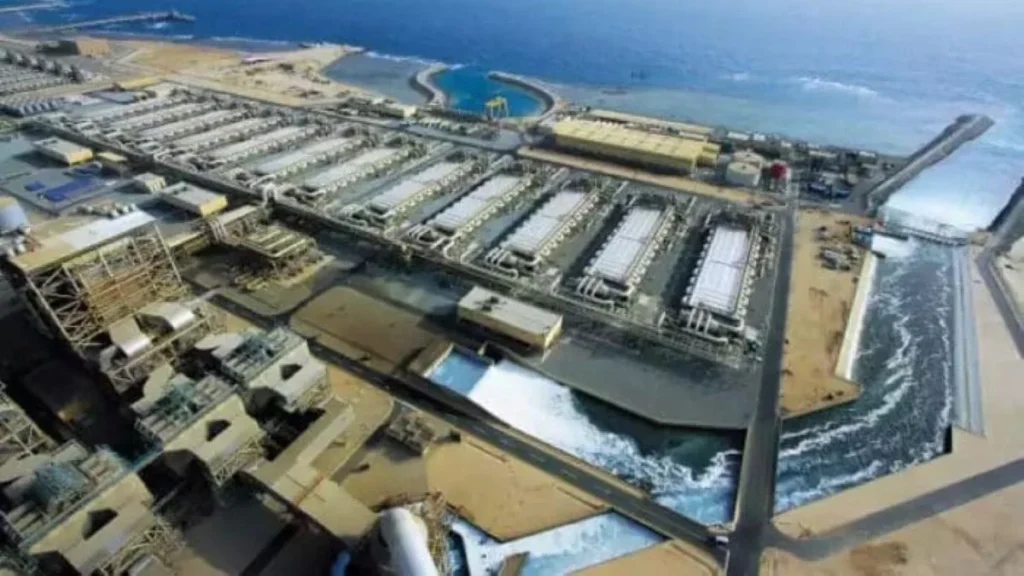According to a research note from the international firm BMI, a subsidiary of Fitch Solutions, Moroccan agriculture, despite its vulnerability to water stress, will gain little benefit from seawater desalination. Nearly 80% of agricultural land in Morocco is dedicated to rain-fed agriculture, which limits the direct impact of this technology on the majority of the country’s crops.
Desalination, although presented as a solution to water scarcity, will therefore prove insufficient to resolve the difficulties in the agricultural sector. For BMI, Morocco will need to invest more in its hydraulic infrastructure so that irrigated agriculture, which generates more than 50% of agricultural added value, can fully benefit from this resource. These investments would aim to reduce competition between irrigation and drinking water needs, exacerbated by recent droughts.
Indeed, the dependence of Moroccan agriculture on precipitation makes the country particularly vulnerable to climatic hazards. The last drought drastically reduced wheat production, dropping from 7.5 million tons in 2021-2022 to only 2.7 million tons in 2022-2023, causing the self-sufficiency rate to fall from 71.8% to 27.1%.
While agriculture will benefit only slightly from this technology, desalination seems to have a more pronounced impact on other sectors, particularly tourism. In Agadir, for example, the desalination plant, in operation since 2021, has helped avoid water cuts, which are essential for preserving tourism activities, a key economic pillar of the region. The tourism sector, which accounts for about 7% of Morocco’s GDP, faces water restrictions, particularly in high season, in areas like Casablanca and Rabat.
Morocco, despite promising initiatives, lags behind other countries in the region in terms of the volume of desalinated water per capita, BMI points out. However, recent contracts signed with the American company Energy Recovery for 270 million dirhams demonstrate the country’s willingness to accelerate the development of this technology. Nevertheless, the country remains less exposed than its neighbors to the risk of widespread shortages, according to data from the FAO and the World Bank.
Desalination, despite its growing importance, will therefore not be able to solve the water crisis in Morocco on its own. Complementary solutions will be necessary to mitigate the effects of climate change on agriculture and meet the needs of a growing population, while supporting key economic sectors such as tourism.


